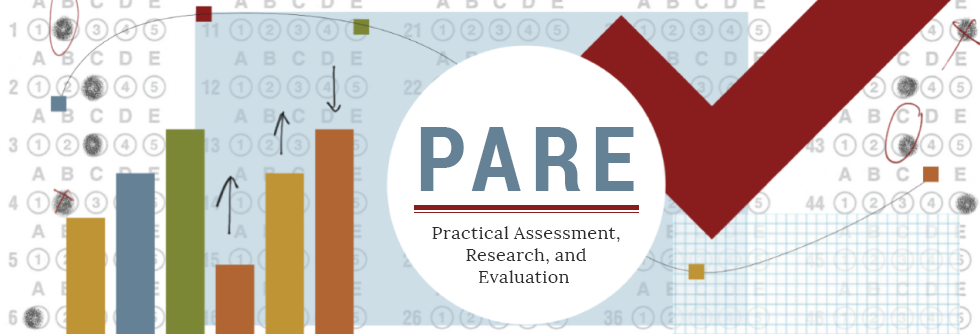Reconsidering The Minimum Competency Test Strategy In No Child Left Behind: An Agenda For Reform
- Danielle Beth Kuper
Abstract
The minimum competency test (MCT) strategy used in the No Child Left Behind Act of 2001 (NCLB) requires schools, in return for federal funding, to bring their students up to the level of proficiency (the minimum standard) in mathematics and reading/language arts by school year 2013-2014. This strategy involves both students (who have to reach the minimum level of achievement) and schools (who suffer the high stakes if students don't achieve the minimum). Reconsidering NCLB's MCT strategy suggests comparing it with other MCTs on the basic issues all MCTs must address: what achievement, what performance standards, and what consequences. Doing so suggests possible reforms to improve NCLB. Accessed 18,067 times on https://pareonline.net from January 24, 2006 to December 31, 2019. For downloads from January 1, 2020 forward, please click on the PlumX Metrics link to the right.
Keywords: NCLB K12 assessment reform
How to Cite:
Kuper, D. B., (2006) “Reconsidering The Minimum Competency Test Strategy In No Child Left Behind: An Agenda For Reform”, Practical Assessment, Research, and Evaluation 11(1): 1. doi: https://doi.org/10.7275/nypp-sx59
Downloads:
Download PDF
View PDF
639 Views
113 Downloads
